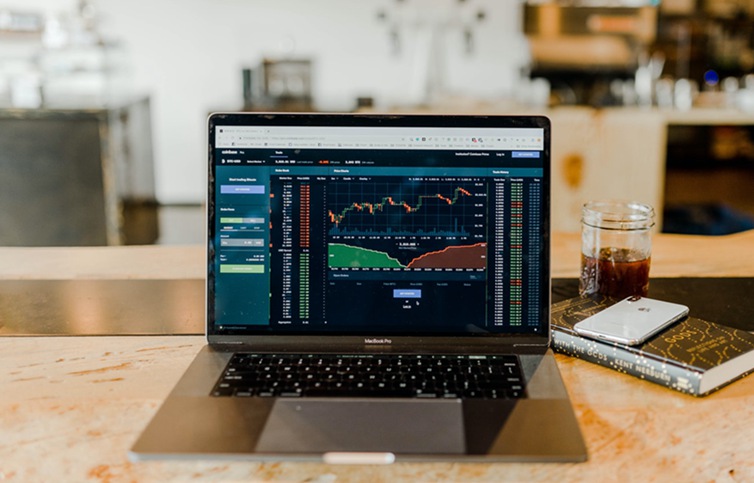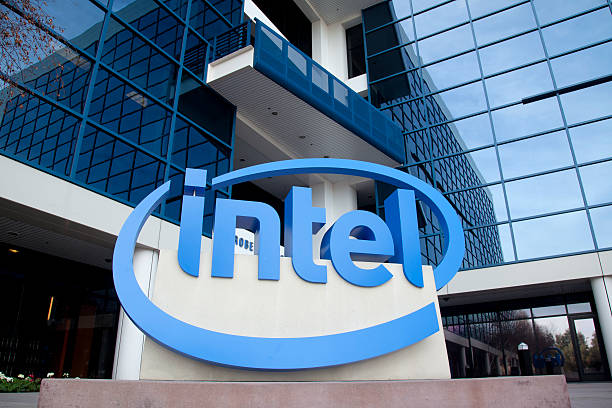PDD Q3 2024 Earnings: Shares Fall 10% But Should Pinduoduo Shareholders Be Concerned?


TradingKey - When it comes to sheer scale and size, nothing can beat the Chinese consumer market. With over 1.4 billion people, it’s a powerhouse in the world of retail.
That’s particularly true of online retail, where fierce competition is ongoing between competing platforms. One of the more recent homegrown successes in the e-commerce space has been PDD Holdings Inc (NASDAQ: PDD), previously known as Pinduoduo.
The company has managed to take significant market share from large incumbents like Alibaba Group Holding Ltd (NYSE: BABA) (HKEX: 9988) and JD.com Inc (NASDAQ: JD) (HKEX: 9618). Its appeal lay in its initial “group buying approach” and its social buying strategy saw it gain huge popularity in more rural areas of China that were underserved by the giants.
More recently, its international e-commerce offering – Temu – has found widespread popularity (particularly in the US) for its low prices and fast delivery. PDD reported its latest Q3 2024 earnings on Thursday (21 November) before the market opened in the US. Unfortunately, the numbers fell short and PPD stock finished the trading day down 10.6%.
How did the e-commerce player fare in its latest quarter and should investors be concerned about its short-term prospects?
Revenue up strong but falls short of expectations
As with any growth company in China, revenue is the key metric and PDD is still very much in its growth phase. The company saw its Q3 2024 revenue come in at RMB 99.4 billion (US$13.7 billion), up 44% year-on-year, but this fell slightly short of the average consensus expectation for RMB 102.7 billion.
Meanwhile, net income rose to RMB 25 billion (up 61% year-on-year from RMB 15.5 billion in the same period last year) but this actually fell short of the projected average of RMB 26.6 billion.
With the top and bottom lines falling short of market expectations, it was no surprise to see PDD shares fall on the news but it was more management’s comments on the outlook that ended up spooking investors.
Increased competition and slowing growth
PDD management had already caused a stir with their comments following its Q2 2024 results, when it talked about investments impacting profitability – causing PDD shares to crater by close to 30% following the results in late August.
This time there was a similar impact from eerily pessimistic comments from PDD management. They emphasised the team was having trouble catching up with rivals given its lack of expertise and also reiterated its August guidance that sales and profit growth will continue to slow going forward.
Clearly, this wasn’t what the market wanted to hear from PDD and shares duly fell. PDD’s Co-CEO Zhao Jiazhen said its team of staff was “now limited by their past experience and suffers from lack of certain capabilities”.
Downbeat consumer sentiment and Trump presidency
While PDD is certainly growing much faster than its larger incumbent rivals in the e-commerce space, it’s also facing headwinds to that growth – namely a weak Chinese consumer and the potential for sizeable tariffs on Chinese goods once President-elect Trump takes office in January 2025.
Both of these are weighing on investor sentiment for PDD but, particularly the prospect of Trump tariffs given the robust strength of Temu. As PDD’s engine of growth, Temu could be hard hit by any potential across-the-board tariffs that are imposed by the Trump administration.
So far this year, PDD shares are down around 29% but over the past five years they’ve gained over 206%. Whether the long-term success story of PDD can continue may be dependent on the Chinese consumer and Trump’s tariff plans for China.






.jpg)
